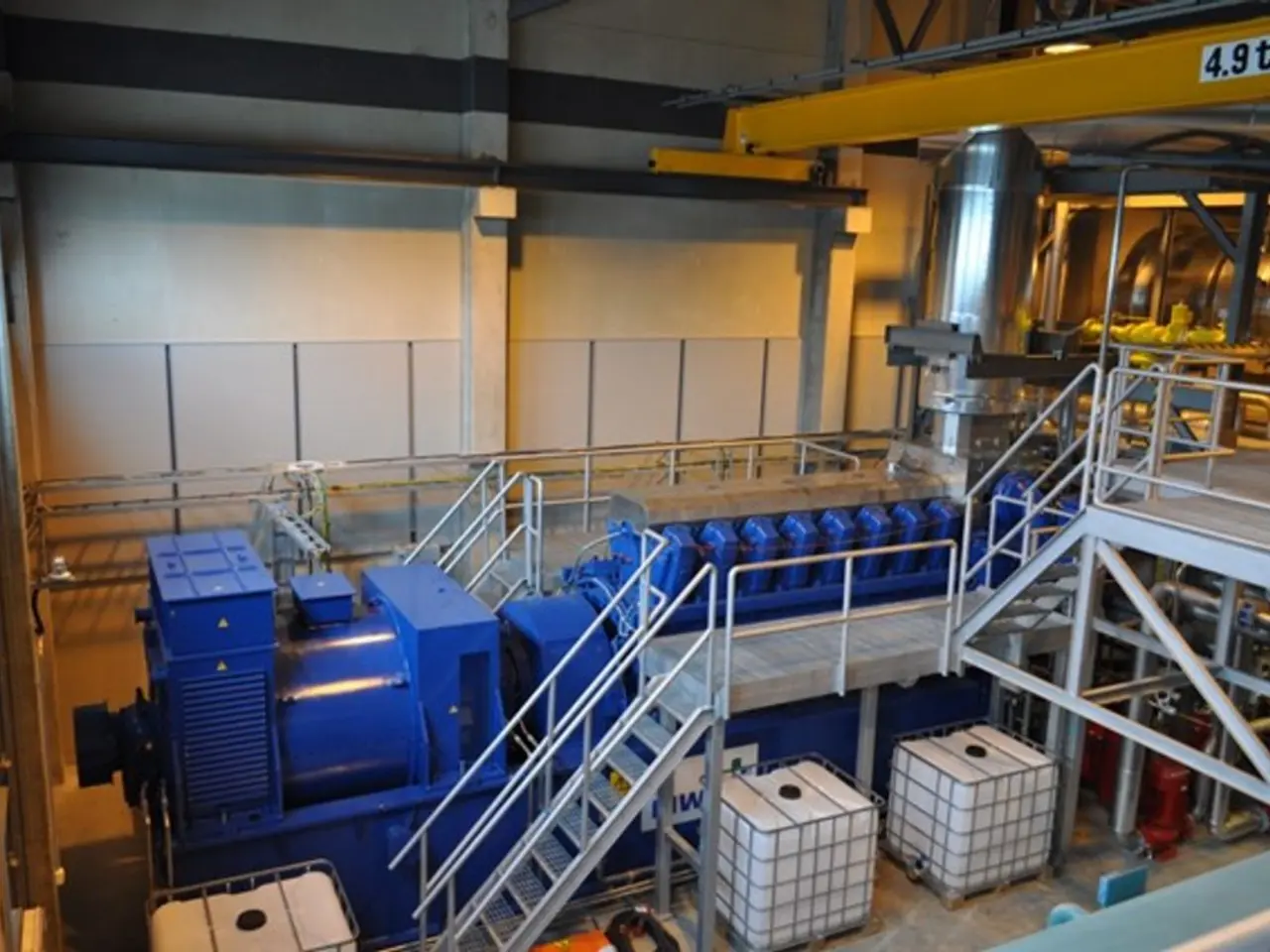Water utilities forbidden from utilizing customer funds for bonus distributions - strategies to reduce your water expense
In a move aimed at improving environmental outcomes and addressing aging infrastructure, water bills for customers of Thames Water and other companies are expected to rise by an average of £19 per year over the next five years, representing a 21% annual increase.
This significant increase is primarily attributed to the substantial investment programmes mandated under the Price Review 24 (PR24) for the 2025-2030 period. These investments focus heavily on improving water quality, reducing pollution, and addressing environmental sustainability, requiring considerable capital expenditure from water companies like Thames Water.
Key reasons for the investment include environmental improvement projects, infrastructure renewal and resilience, and compliance with net zero and decarbonization targets. The environmental improvement projects involve funding large-scale projects to upgrade infrastructure, implement innovative treatment technologies, and meet stricter regulatory standards. Infrastructure renewal and resilience efforts are aimed at maintaining and upgrading aging water infrastructure to ensure reliability and resilience in the face of climate change and population growth. Lastly, wider government policies on industrial decarbonisation and energy efficiency are increasing operational costs across sectors, including water companies, contributing indirectly to bill increases.
Ofwat, the water regulator, has taken steps to address this issue by blocking three water companies - Thames Water, Yorkshire Water, and Dŵr Cymru Welsh Water - from using billpayer money to fund executive bonuses. The blocked payments amount to £1.5 million across the three companies. Six other water companies acted voluntarily, with shareholders funding bonus payments.
However, not all properties are suitable for a water meter, in which case an assessed charge bill can be requested from the provider. Households can consider installing a water meter to potentially reduce their bills, as metered customers are charged for what they actually use. If a meter is installed and the bill increases, the customer may be able to revert to the old billing system within one or two years.
Simple steps to reduce water usage and bills include taking quick showers, fixing dripping taps, and using water-saving devices. Low-income customers can ask their provider about social tariff options to potentially lower their water bills.
In light of public controversies surrounding financial mismanagement, steep bill hikes, and sewage being pumped into waterways, the legislation follows a series of efforts to improve transparency and accountability within the water industry. Ofwat's decision to block executive bonuses from customer money is aimed at sharpening executive mindsets and pushing companies to improve their performance and culture of accountability.
[1] Ofwat Price Review 2025-30: Final Determination [2] Water UK, 'Decarbonisation of the Water Sector' (2020)
In response to the substantial investment programs for environmental improvement, infrastructure renewal, and compliance with net zero targets, as outlined in the Price Review 24 (PR24) for the 2025-2030 period, property owners might contemplate their personal finance by subscribing to a personal-finance newsletter to stay informed on potential adjustments in water bills. Concurrently, installing a water meter at home could be a strategic decision to reduce personal-finance expenditures related to water bills, as metered customers are charged for their actual consumption.




